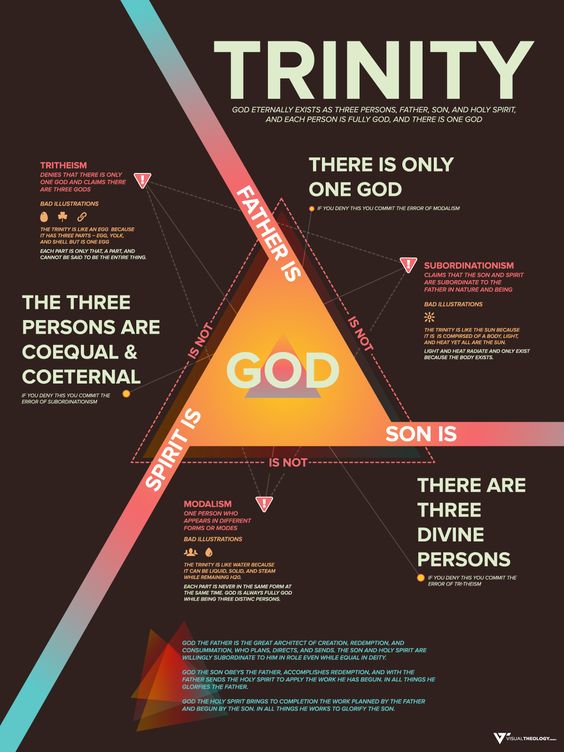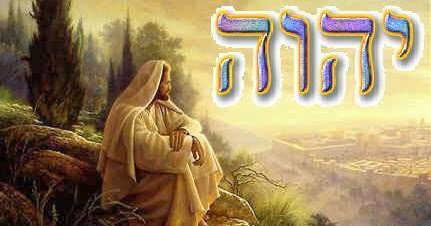
Who is this Yehoshua? The God-man, the LORD, Jesus.
It is quite appalling when one observes the intransigent denial of the deity of Jesus by the Jehovah’s Witness doctrine. “Jesus can’t be God,” they go knocking, from a door to other available doors. Do I wonder how they read John 1:1, the lucidity of which stipulates, “In the beginning was the Word, and the Word was with God, and the Word was God?” The intransigence of their scriptural stance will not let me.
The word ‘beginning’ is archē (ar-khay’) in Greek, and it means: ‘(properly abstract) a commencement, or (concrete) chief (in various applications of order, time, place or rank).’ The commencement is not, in any way, in reference to God’s or Christ’s existence. Time is absolutely too weak to ever measure the agelessness of the Divinity. The ‘beginning,’ ergo, is the embarkation of His work. Now if at the embarkment of God’s creation there was another entity, it then follows that He was not alone. If the Bible says, “In the beginning” it also means that nothing, of creationism, had been brought into being yet. Amen!
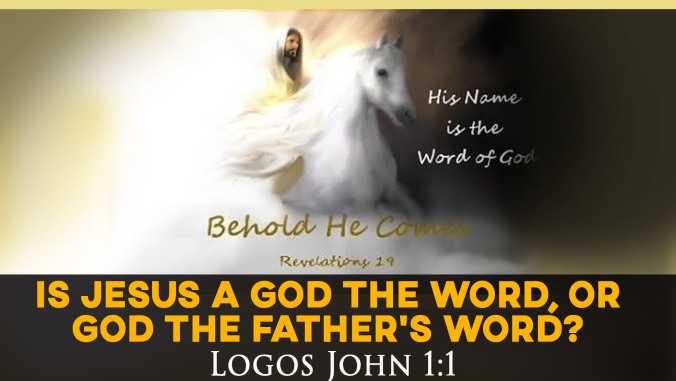
Simple logic should inform anyone that whatever or whoever exists before creation is indubitably as eternal as Jehovah! ‘Word’ in the Greek is logos (log’-os): ‘something said (including the thought); by implication a topic (subject of discourse), also reasoning (the mental faculty) or motive; by extension a computation; specifically (with the article in John) the Divine Expression (that is, Christ).’ Logos is the totality of God’s mind, thought, word and being. Did God have to create the Word before creationism? That will be tantamount to His Divine dumbness ere creation. So, the correct answer will be a resounding, “No! He wasn’t dumb.”
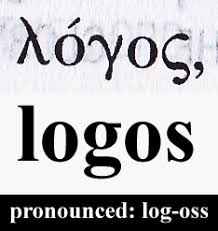
THIS IS JESUS: the express word of Jehovah
Ergo, the Word is the Eternal One also. The Word is intrinsically of God, the Father! Is there any difference between a person and the word of his mouth? None, I believe. John 14:10, “Believest thou not that I am in the Father, and the Father in me? the words that I speak unto you I speak not of myself: but the Father that dwelleth in me, he doeth the works.” They are, as the WORD reveals in this verse, co-eternal.
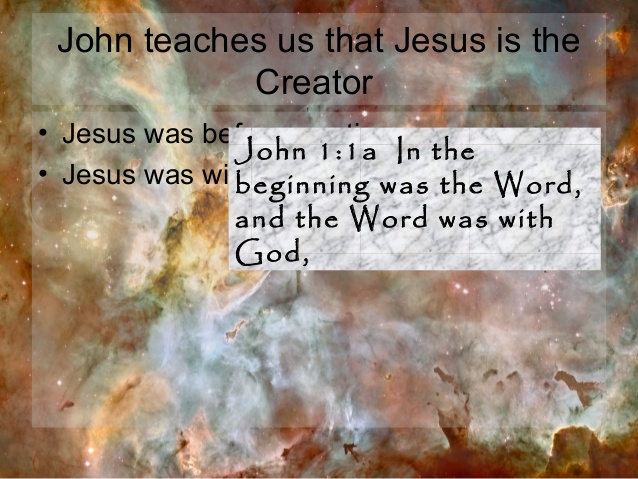
The very first word of John 1:1, ‘in’ is an interesting en (en) Thayer Definition: ‘in, by, with etc. Origin: a primary preposition denoting (fixed) position (in place, time or state), and (by implication) instrumentality (medially or constructively), i.e. a relation of rest {it is an intermediate between eis (ice) ‘A primary preposition; to or into (indicating the point reached or entered), of place, time, or (figuratively) purpose (result, etc.); also in adverbial phrases;’ and ek ex (ek) ‘A primary preposition denoting origin (the point whence motion or action proceeds), from, out (of place, time or cause; literally or figuratively; direct or remote}.’ The definition of ‘in’ proves that as God was contemplating what and how to create, the eternal Word, Logos, was already in existence.
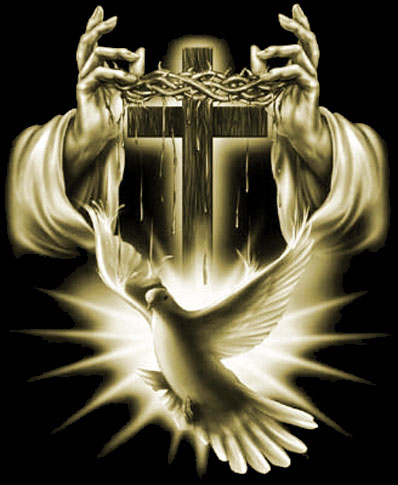
The seated Father, the Saviour Son & the ubiquitous Spirit: The Trinity.
The Word, and God, and of course the Holy Spirit were the real Creators –constituting one worshipped God (and there’s a reason for that). John would not have penned, “and the word was a god” as wickedly scripted in the Jehovah’s Witness’ “New World Translation” of their bible. The Septuagint does not have an article before the last ‘God.’ Now, when the Greek uses the definite article before a person or object it is a way of designation or pointing out that object. But when the article is left out, the Greek is bringing out the inherent nature or quality of the object or person. This is a Greek idiom called the anarthous. What John meant by leaving out the article is: “and the Word was of the very nature or quality of God.” Is it not on the American judicial record that Charles Taze Russell, the founder of the Jehovah’s Witness, did not know Greek?
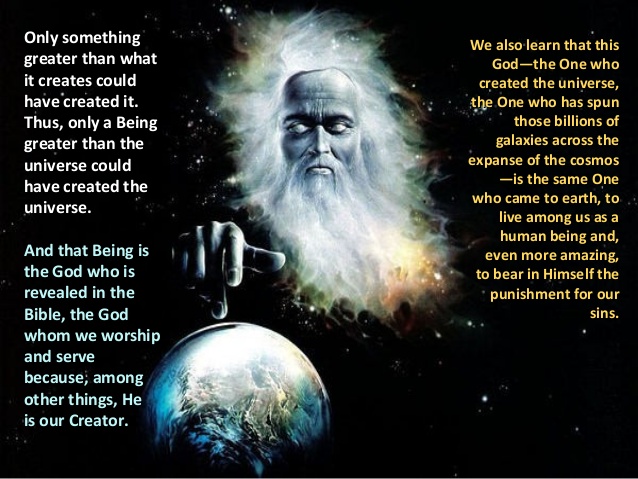
The Ancient of days; who became the Infant of days! JESUS!!
You can get born again by praying this prayer with all your heart and truthfully: Dear heavenly Father, I come to You now in the name of Jesus Christ. I believe in my heart that Jesus is the Son of God. I believe in my heart that Jesus died for my sins and You raised Him from the dead. I confess with my mouth that Jesus is Lord, and I receive Him as my Lord and my Saviour. I give God all the glory, Amen. (…to be continued…)
Read part II here
